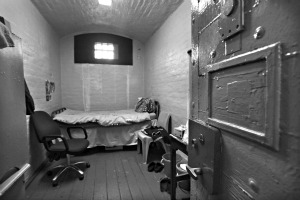
Overcrowding and Cell Capacity in Irish Prisons
Any discussion of prison conditions or overall prison policy in Ireland cannot but give close attention to the question of the overcrowding that is pervasive throughout the prison system.

Any discussion of prison conditions or overall prison policy in Ireland cannot but give close attention to the question of the overcrowding that is pervasive throughout the prison system.
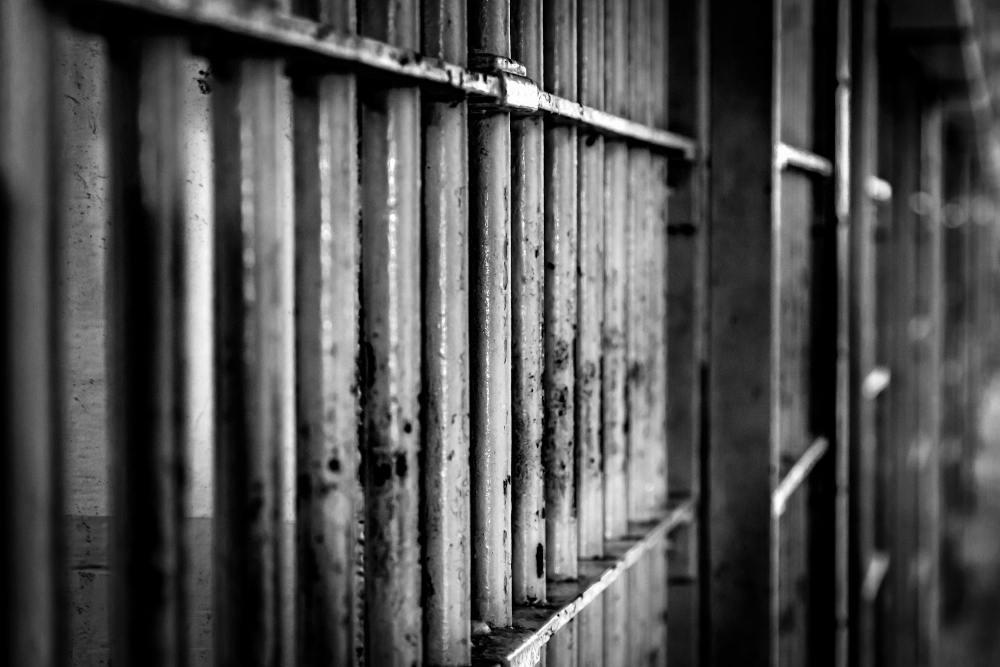
Current government prison policy envisages the closure of the Dóchas Centre in Mountjoy and the opening of new women’s prisons at Thornton Hall, in north Dublin and at Kilworth, Co. Cork, resulting in a doubling of the number of places for women prisoners. This radical expansion of prison capacity for female offenders is being justified by the authorities on the grounds that the existing facilities at Dóchas and in Limerick Prison are routinely overcrowded and that the prison building programme being undertaken at present needs to be ‘future proofed’ to cater for an on-going increase in the female prison population.
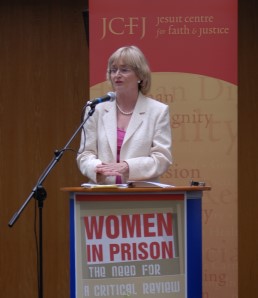
In March 2006, I was commissioned by the then Home Secretary, Charles Clarke MP, to undertake ‘a review of women with particular vulnerabilities in the criminal justice system’ of England and Wales. My report was published in March 2007.1 In December 2007, the Government issued an official response to the findings of the review.

The April 2008 issue of Working Notes entitled, ‘Thornton Hall Prison – A Progressive Move?’, has inspired the following article, which is written from the viewpoint of Catholic theology. I have never been jailed myself; however, courtesy of the Department of Justice, Equality and Law Reform I had the privilege of visiting a number of Irish prisons some years ago. I also visit a friend who is currently serving a jail sentence.

At the height of the Northern Ireland Troubles, it was usual to distinguish between paramilitary prisoners and ODCs – ‘ordinary decent criminals’. The terminology is suggestive, even provocative: is it ever right to consider criminals as ‘ordinary’, much less ‘decent’? Certainly, it would be altogether wrong to trivialise the plight of victims, and especially victims of violent crime, by too lightly using a euphemism like ‘ordinary decent criminals’.
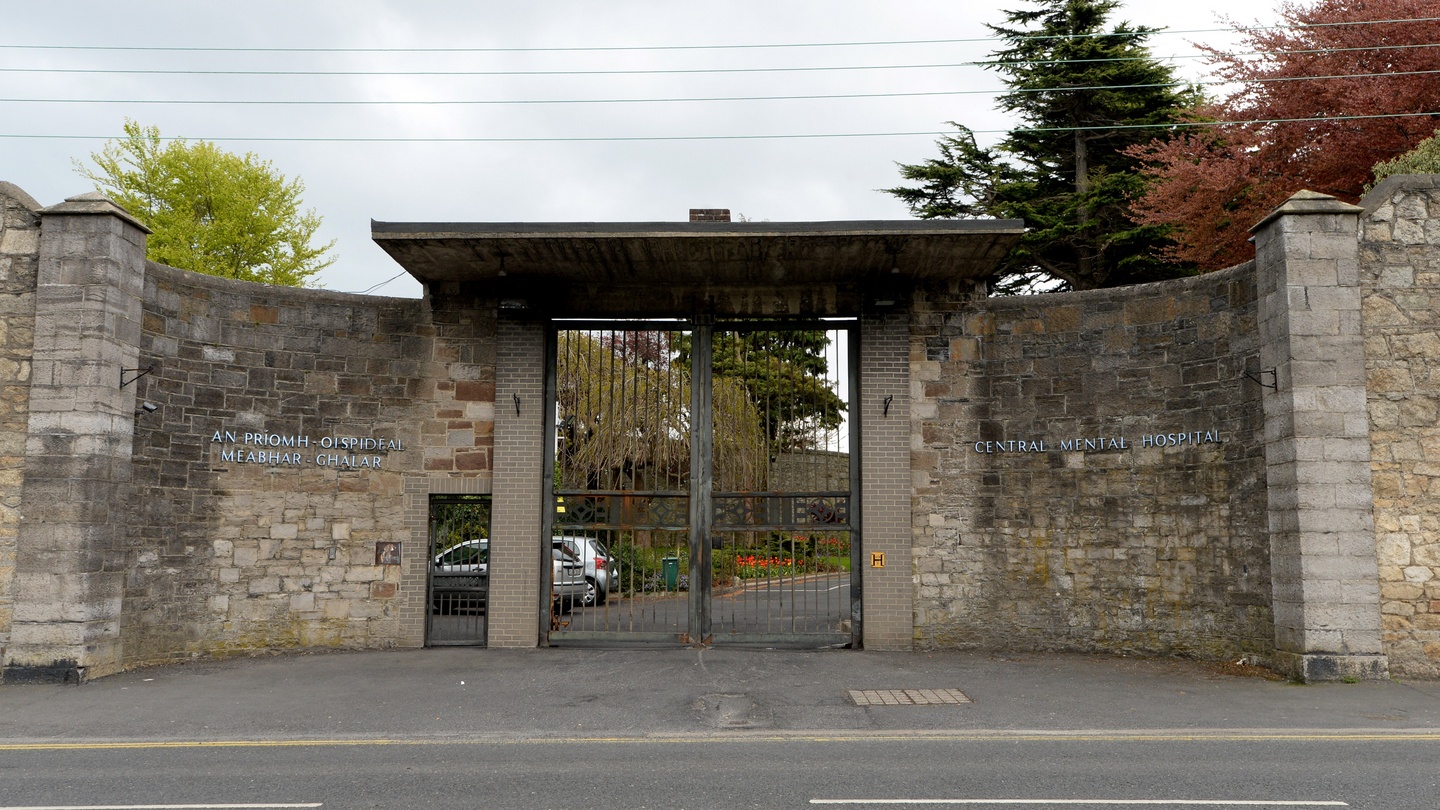
Introduction The Central Mental Hospital in Dundrum probably evokes a cold shiver in people as they pass by – that is, if they think about it at all. The perception of the hospital is influenced visually by the high walls, the imposing metal gates leading up a long avenue to another electronic gate, and the… Read more »

Introduction The Report of the Committee of Inquiry into the Irish Prison System (the Whitaker Report), published in 1985, identified women in prison as a particularly vulnerable group. It recommended that, in so far as possible, women offenders should be given non-custodial penalties and that of those imprisoned the majority should be accommodated in an… Read more »

Among Ireland’s fourteen prisons, there are two for female prisoners: one is the Dóchas Centre, the new female prison at Mountjoy; the other is located in the oldest prison in the country still in operation, Limerick Prison, a male prison where imprisoned women are accommodated on one corridor. Both are closed prisons. Prisons of varying levels of security, including open prisons, as are available for male prisoners in Ireland, are not provided for the female prison population.
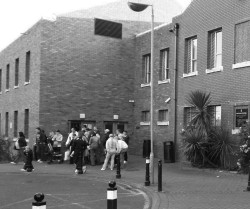
To many in our society, the impact of imprisonment on prisoners and their families is a matter of little or no importance. In the face of everyday issues such as meeting financial demands, finding a balance between work and family commitments, and obtaining access to services in an inadequate health care system, the needs of prisoners and their families is not an issue of concern for many members of the public.

Introduction Towards the end of 2007, a young man, aged nineteen, from a deprived neighbourhood came to tell me that on the previous day he had been taken to a Garda Station for a drugs search, during the course of which he had beeng assaulted by several Gardaí. When no drugs were found on him,… Read more »
Working Notes is a journal published by the Jesuit Centre for Faith and Justice. The journal focuses on social, economic and theological analysis of Irish society. It has been produced since 1987.